
By: Gili Hoxhaj
In rebellion, mere thought isn’t enough—at least not for the women of the 21st century. That’s why the show titled “Revolt. She Said. Revolt Again.” gives voice to this need. With a script by Alice Birch and directed by Zana Hoxha, the production from England featured a cast of actresses who showcased the uniqueness of their performances. It captivated and engaged the audience right in the heart of Pristina, at the “ODA” theater, as part of the 12th edition of FemArt. The director incorporated a crown for those entering to see the show, reflecting the spirit of the place from which it originated. Zana Hoxha returned to Kosovo with a production unlike anything she had created in her long career as an activist and director. She taught us to rebel and to engage with our rebellion in a modern way.
Actress Tanaka Mpofu began by addressing one of the girls in the audience with a compliment about her earrings and asking where she found them, establishing an immediate intimacy on stage. This created interaction with many in the audience, and she playfully asked, “Will you vote for me?” She received a few “yeses.” As an actress, her performance garnered many more “yeses” for the energy she brought to the stage and her disregard for the situations around her. She skillfully played with these dynamics, placing other characters into the mix and guiding them through dilemmas to spark debate. A scene exploring love and sexuality between two characters followed, illustrating various ways to express and desire one another. Tanaka Mpofu mentioned that all her power in the performance was inspired by the director’s passion. “I like works that have a purpose behind them. I am encouraged by Zana’s passion for feminism and for fighting for women’s empowerment. Her invitation to us in Kosovo was very emotional. The people here are very open and welcoming, and everything felt easy,” she said immediately after the show.
The actresses delivered their messages with a calm tone. The smell of watermelon scattered across the floor will always be linked to this performance. It served as a method of protest—pieces of watermelon that were shared and then savored. The actresses, while changing roles, embodied sensuality and expressed the need for better economic lives and freedom at work, for inclusion and power in politics, and for acceptance while being assured they are made for something greater. Through dialogues about love, they showed there are many ways to appreciate and tell someone you love them. Marriage was discussed in various contexts—as a means of acceptance and often rejection. The show conveyed concerns of the past century while speaking about women of this century, who find themselves navigating home life, public life, family, and romantic relationships, all seeking a little more time for themselves.
Olive McHugh, Tanaka Mpofu, Xixi Xiao, and Natalia May each brought unique qualities that complemented each other, drawing out the best in one another. The production is a collaboration between LAMDA and Orange Tree Theatre, created by the director during her master’s studies in England and previously presented at the GreenHouse festival. As an innovative and intensely engaging performance, it also made its way to FemArt. Comedic situations were abundant, teaching us that rebellion can occur without raising one’s voice, but by constantly discussing what belongs to us. It opens up space for new feminist debates. It transforms themes and prompts questions in an environment where women speak for themselves. Alice Birch’s language was placed by director Zana Hoxha in a context that speaks to everyone, particularly relevant to the present time—with courage. When she first held the text in her hands, director Hoxha expressed her shock.
“I was impressed by how it deconstructed language, behaviors, and other socio-cultural factors in constructing femininity,” she remarked. “The performance resonated with my artistic and activist methods. Birch challenged patriarchal oppression and posed the fundamental question: ‘What prevents us from doing something truly radical to change that?’ (Birch, 2016). This reflected my commitment to fostering critical thought and opening pathways for action through theater,” Zana Hoxha emphasized. She thoroughly explored the text and narrative, enriching them further with her extensive experience in feminist art. Even if you didn’t hear a single word from actress Olive McHugh, her eyes conveyed the anguish of longing to hear something kind from her mother. She possessed a strong maternal instinct but had an absent childhood. As she spoke with her eyes, she yearned for the moment in a typical dining scene with a vase of flowers and bread on a table. It was a deep dive into familial baggage and a tangled family drama whose consequences are inherited. McHugh shared that since reading the script, she felt a special energy in the room and felt very secure exploring the characters. “Oh, I love Zana since my first day in London. I had a wonderful connection with her, and when she told me I needed to come to Kosovo, I couldn’t believe I would be here to perform this show. The energy of FemArt is amazing; the people who come here, even those who aren’t actors, have a very special energy. I will always remember my time here,” said actress Olive McHugh. The audience’s intensive, energetic, and provocative responses shaped the flow of the performance. When actress Xixi Xiao addressed someone in the audience, asking which rights the team needed more rest and other requests related to work life, she awaited a response and eventually received one. In another instance, a delay led her to give up on getting an answer. “Very slowly, I don’t have time for this,” she stated as she returned to the performance with conviction. She conveyed a message that everyone should respect their own time, the time of the performance, and that of the audience.
“I made small revisions to the text to make it more significant for a post-apocalyptic theme and a feminist approach. I brought in my previous knowledge of feminist theory and prior work, focusing on combating cultural narratives that undermine women (Butler, 1990). The text was a living skeleton from which the actors could create complex performances and allowed for deep exploration,” Zana further highlighted. For her, the great protest was the initial idea of this performance—a protest against the systems and values that lead to the collapse of societies and ecologies. The stage was a destroyed world, remnants of patriarchal structures; it was based on eco-feminist theories linking the exploitation of nature with the oppression of women. Director and playwright Shqipe Malushi stated that this was a daring and experimental theatrical show that challenges traditional ideas about how women should behave. “Zana Hoxha embraced this sense of disruption, encouraging the actresses to break the conventional rules of theater,” she remarked after the performance. In collaboration with set and costume designer Grace Rumsey, Hoxha worked intensively, promoting a sustainable practice that shows environmental awareness in theater by using recycled costumes. Even within the context of the stage and costumes, an important aspect was touched upon. On a stage made entirely of watermelon juice, the actresses gathered and cleaned the stage during the performance—preparing for their next act. Another form of awareness in theater came as the director joined the team in resetting the stage for the next act. Zana and her team penetrated the space with a creative vision—one that elevates the call for their choices. Choices made with great courage!
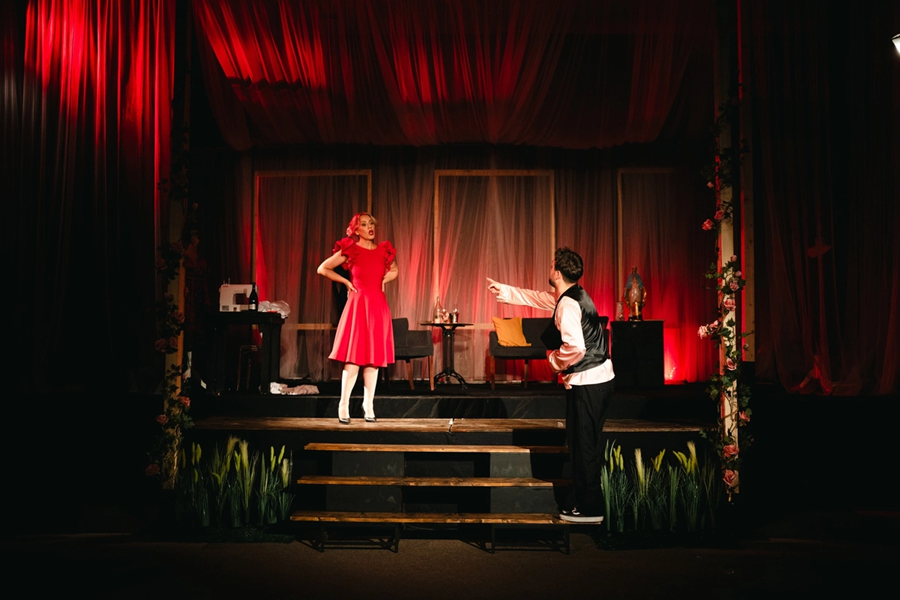
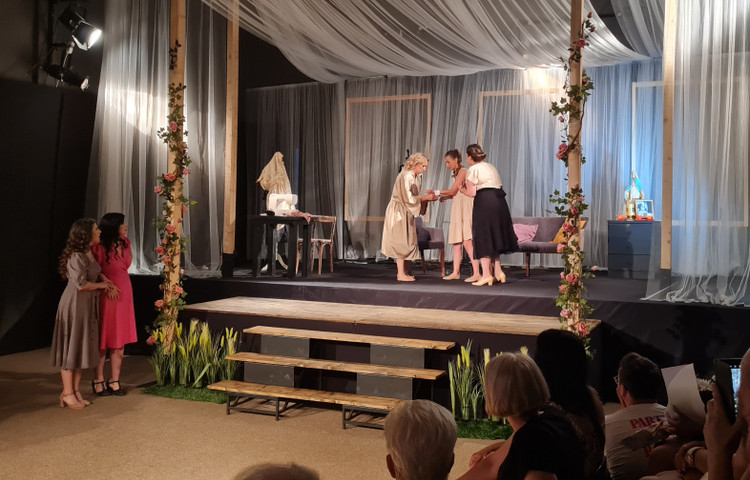
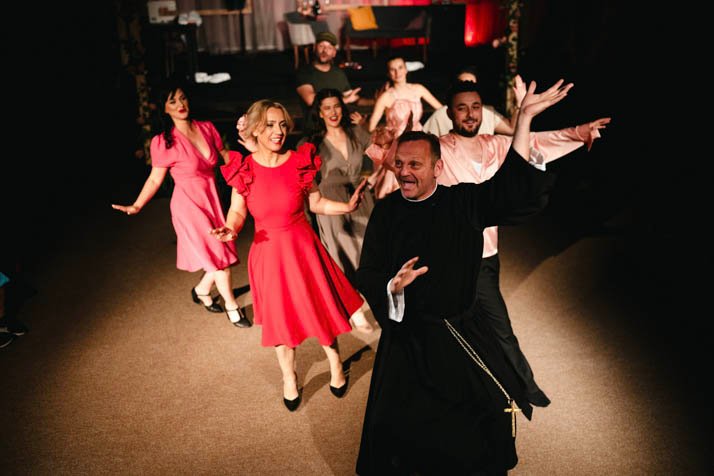
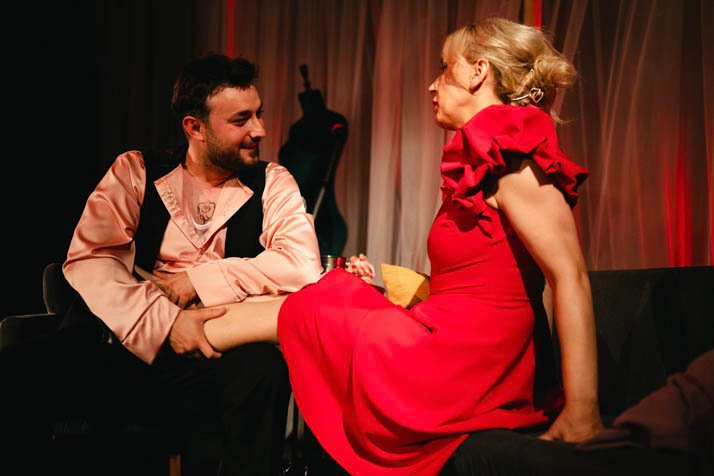
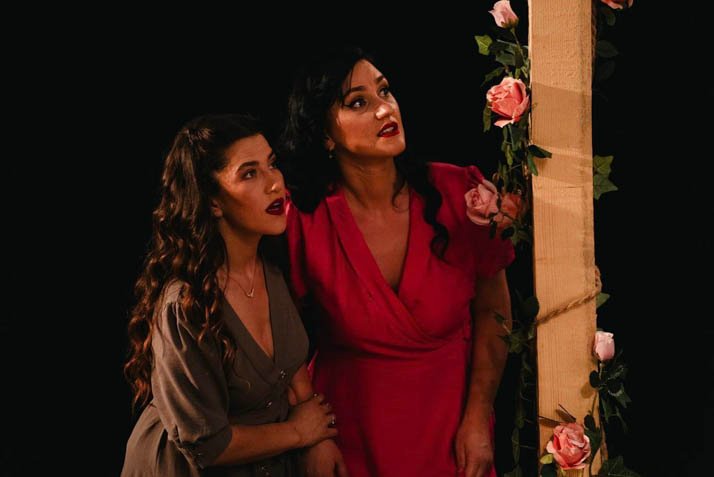
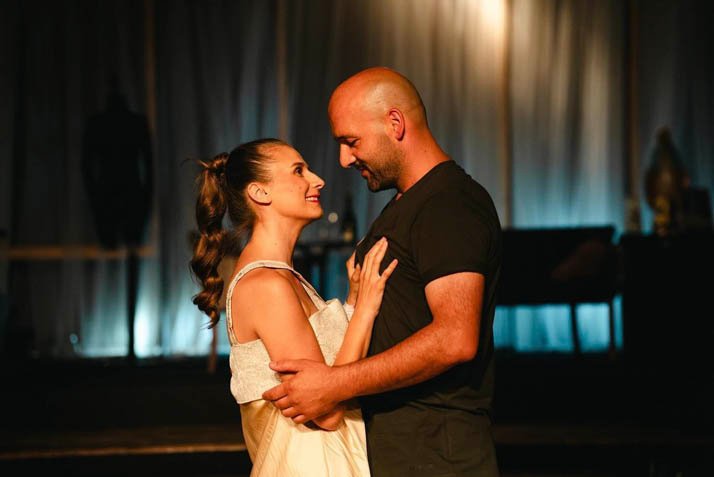
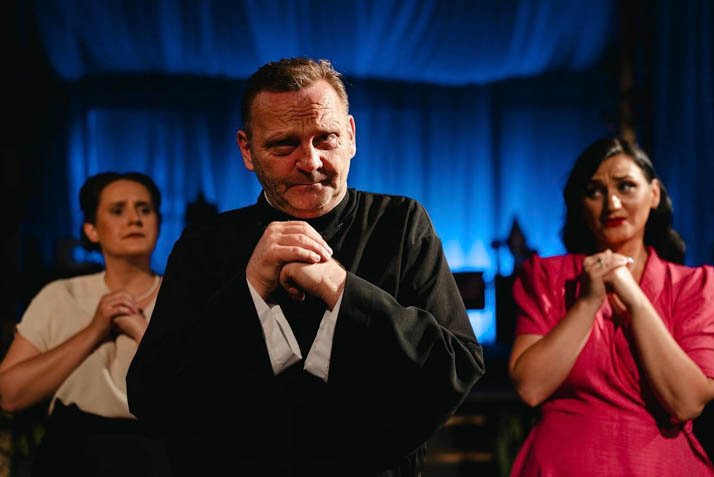
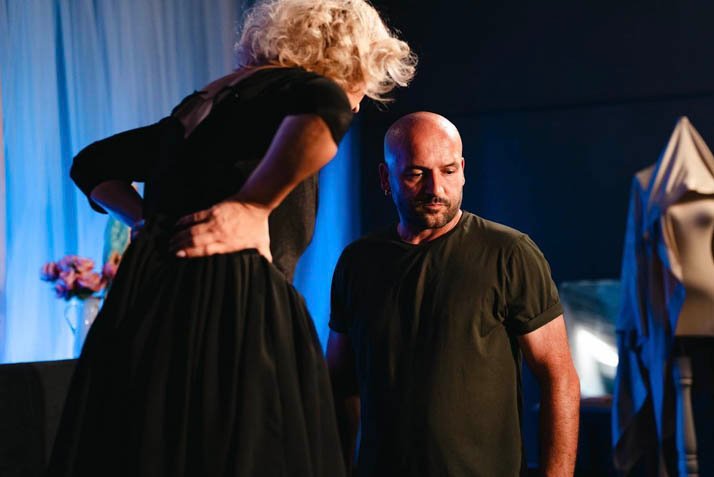
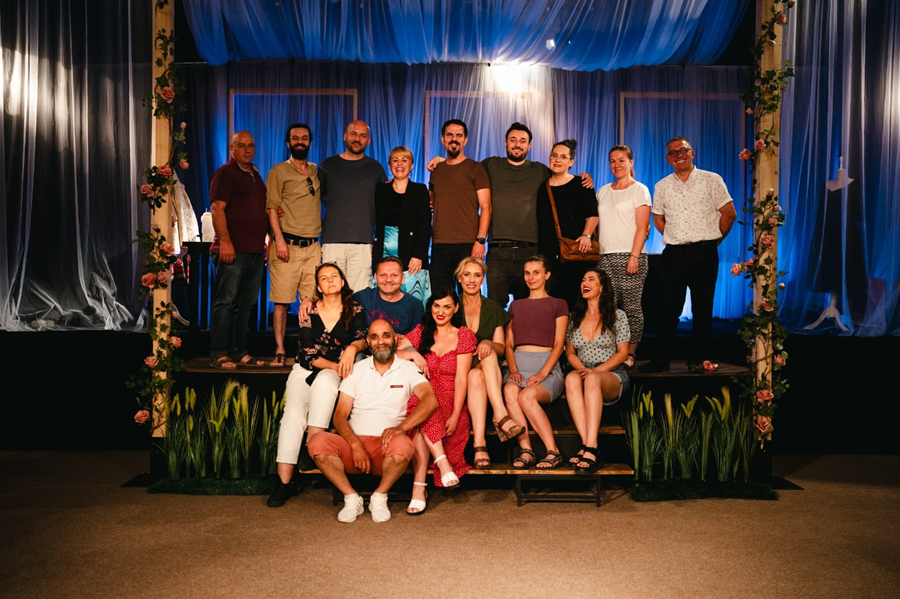
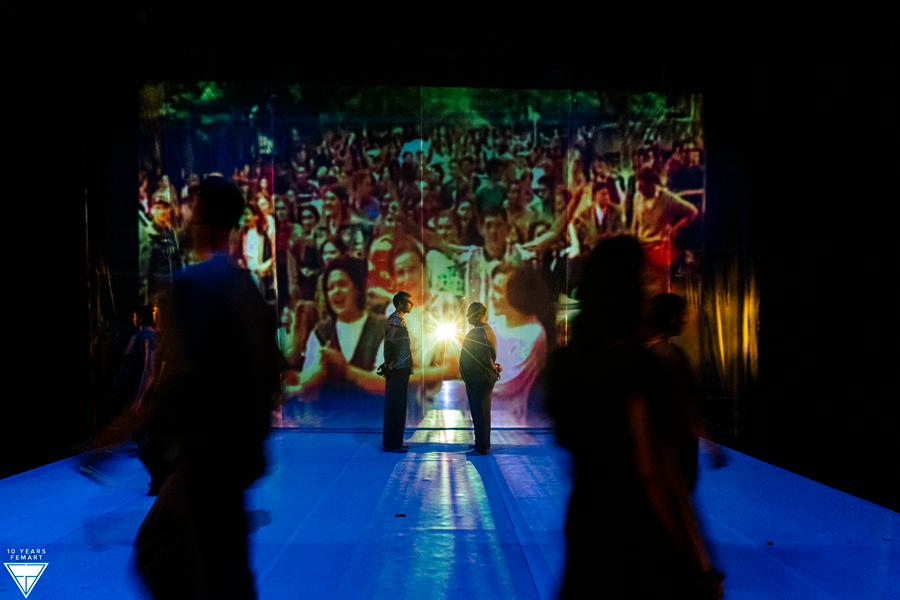

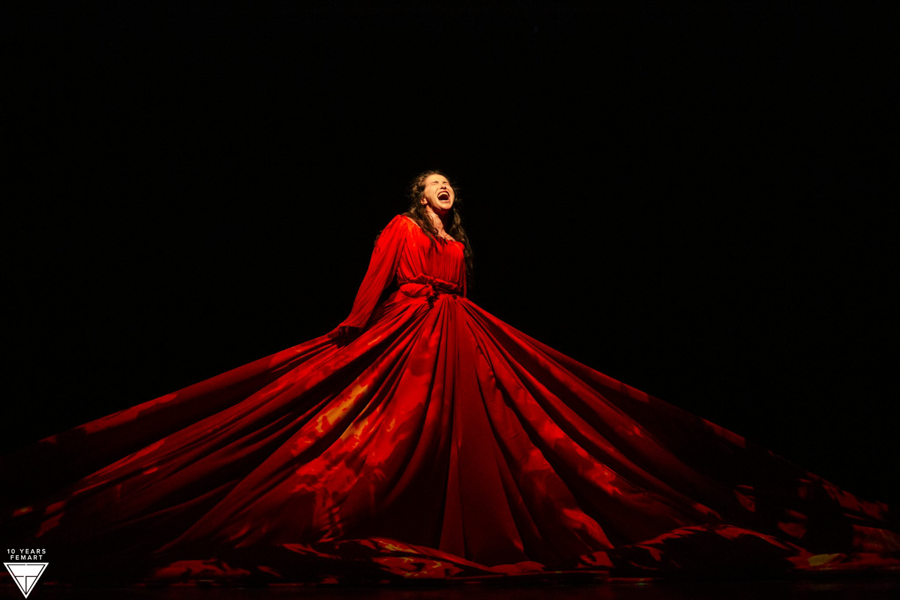
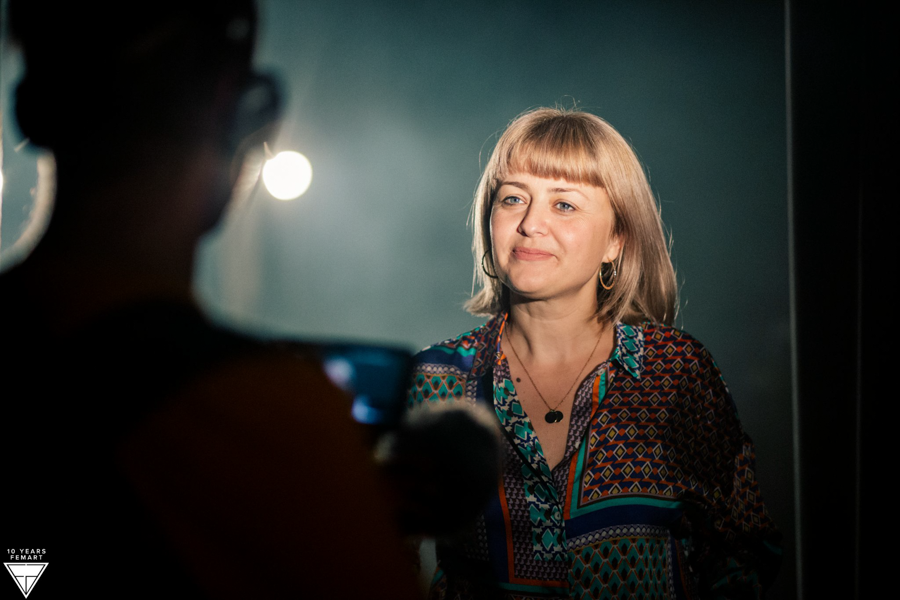
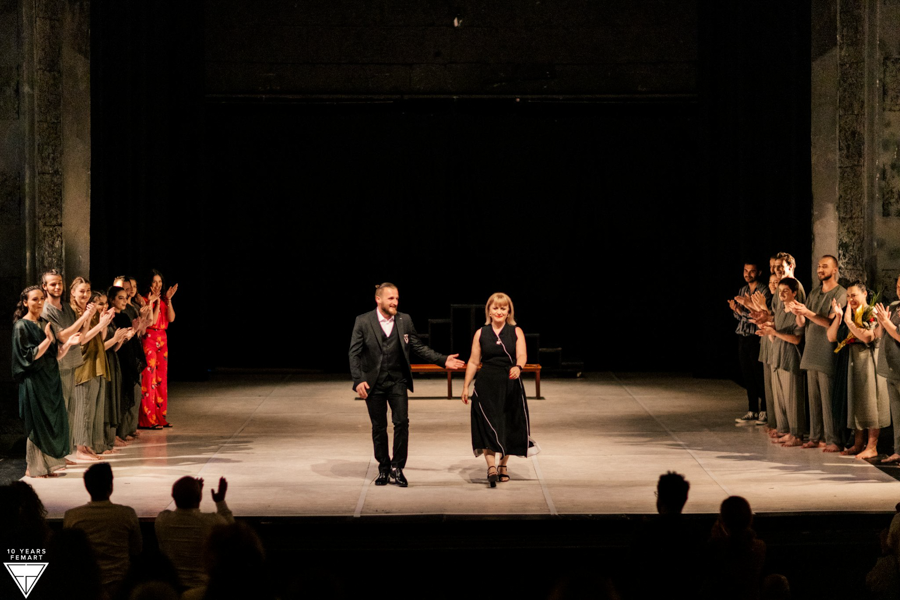
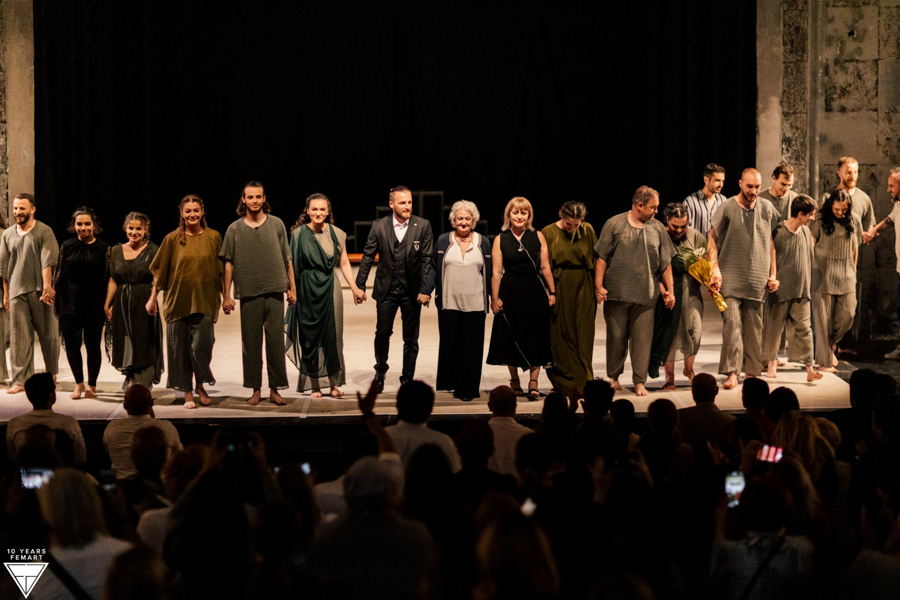
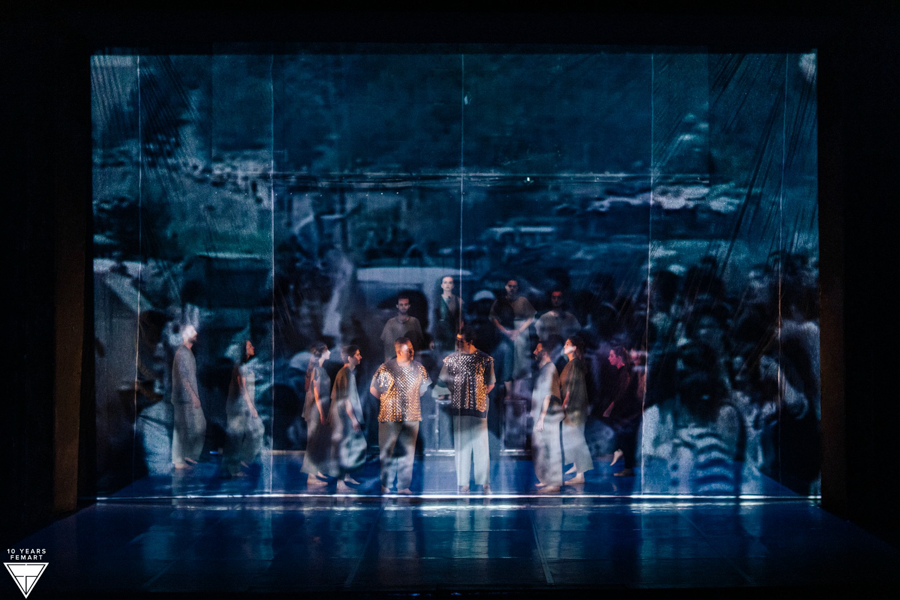
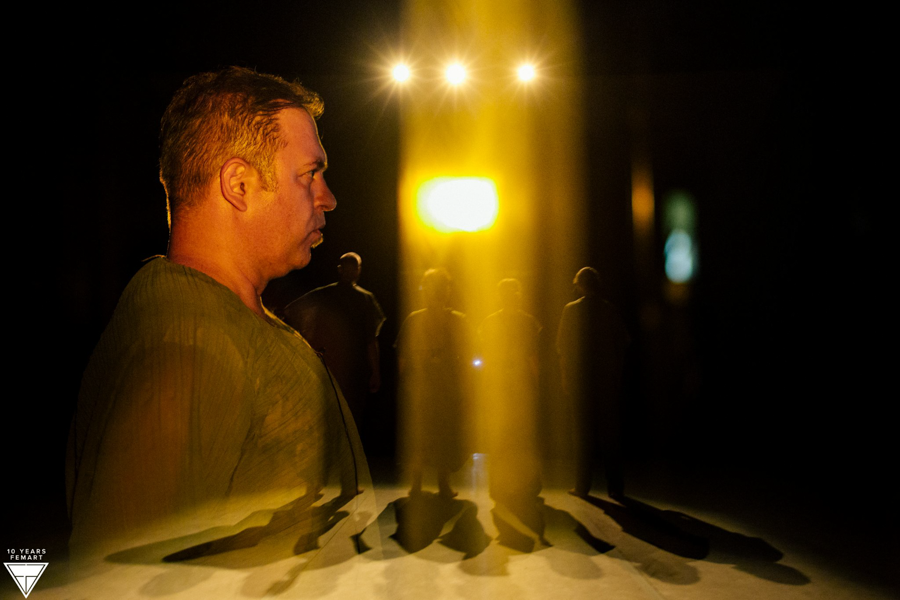


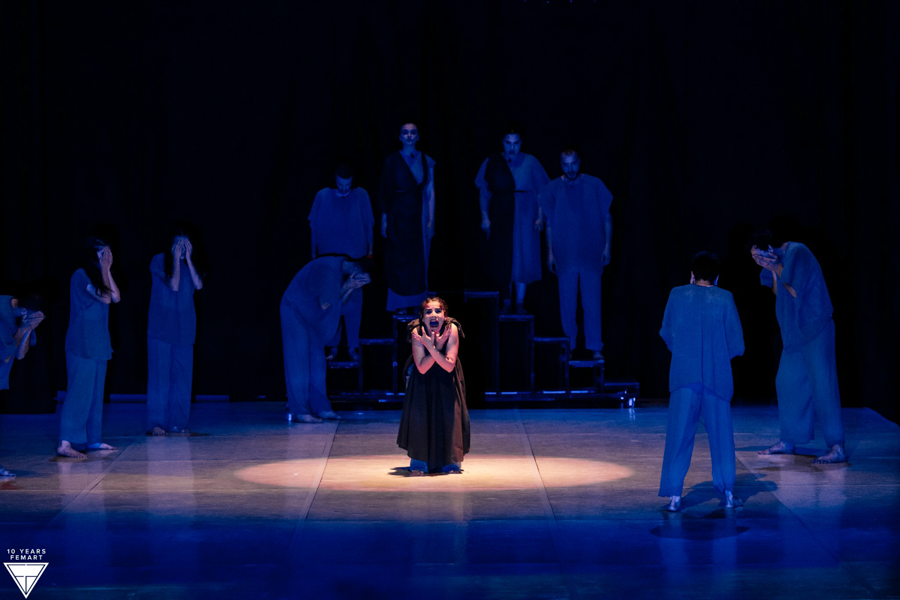
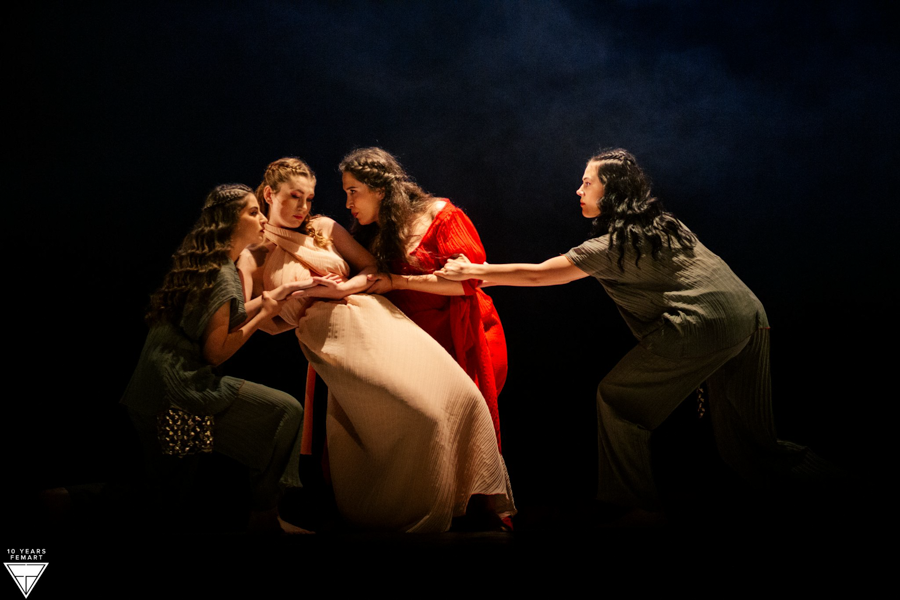
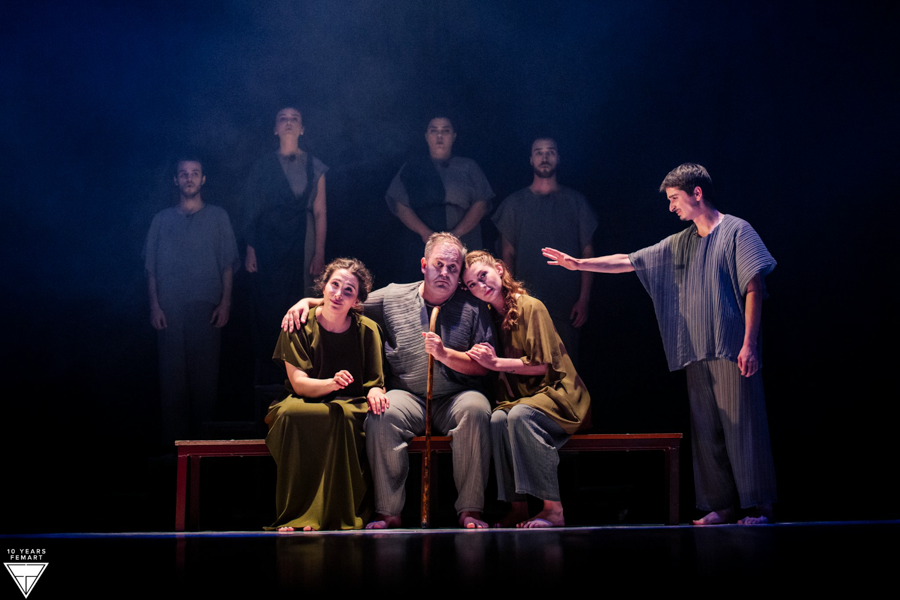

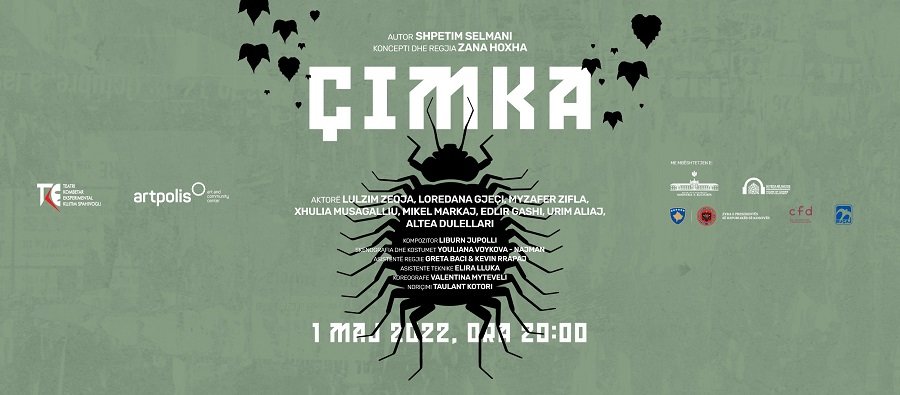
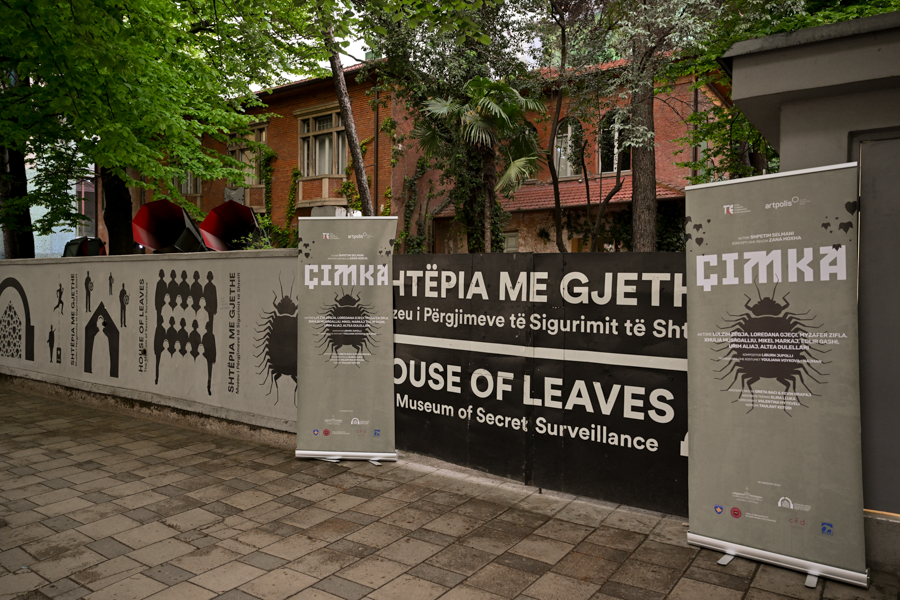
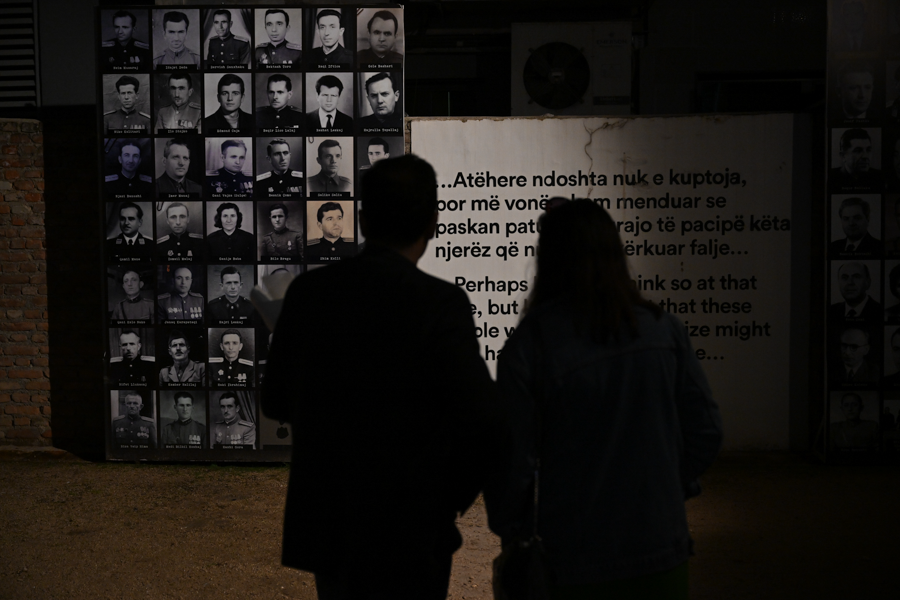
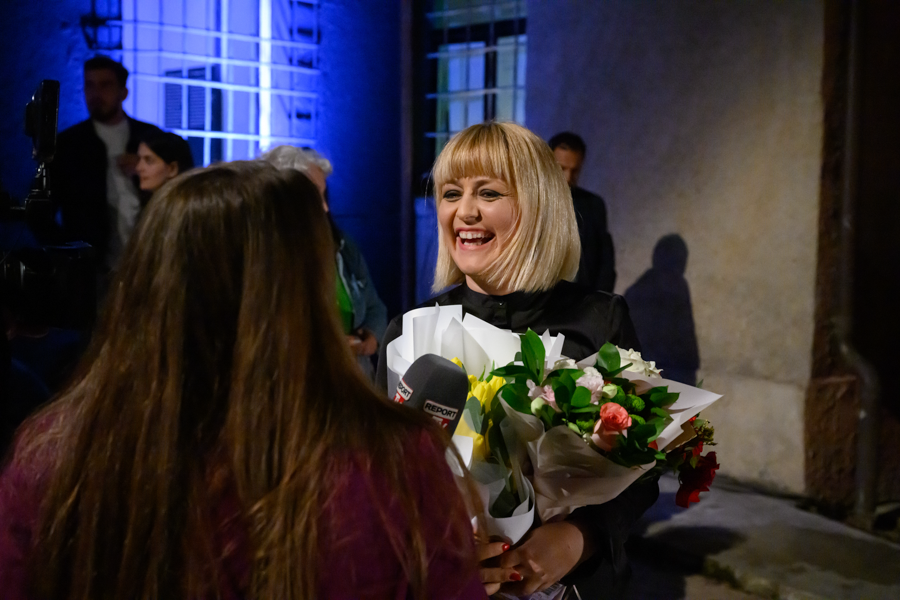
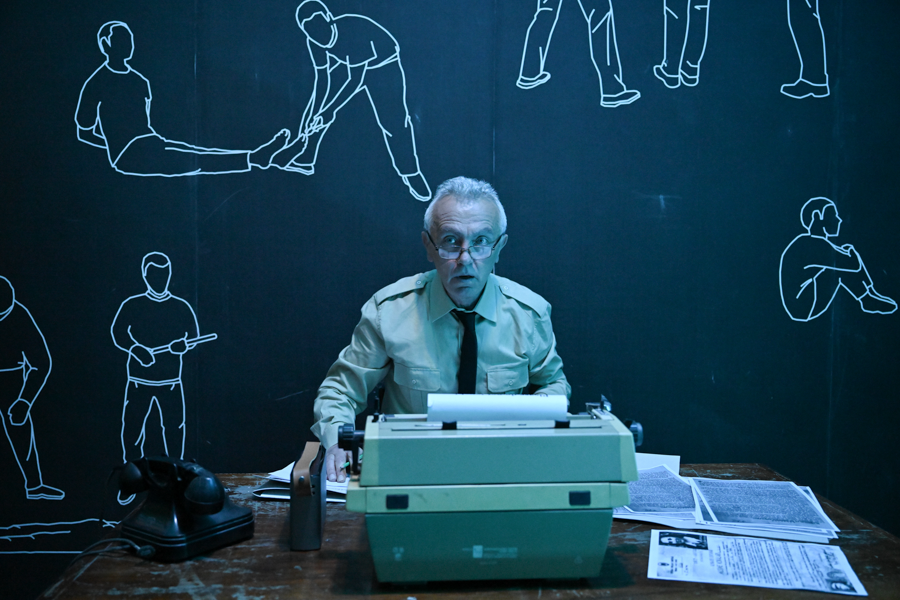
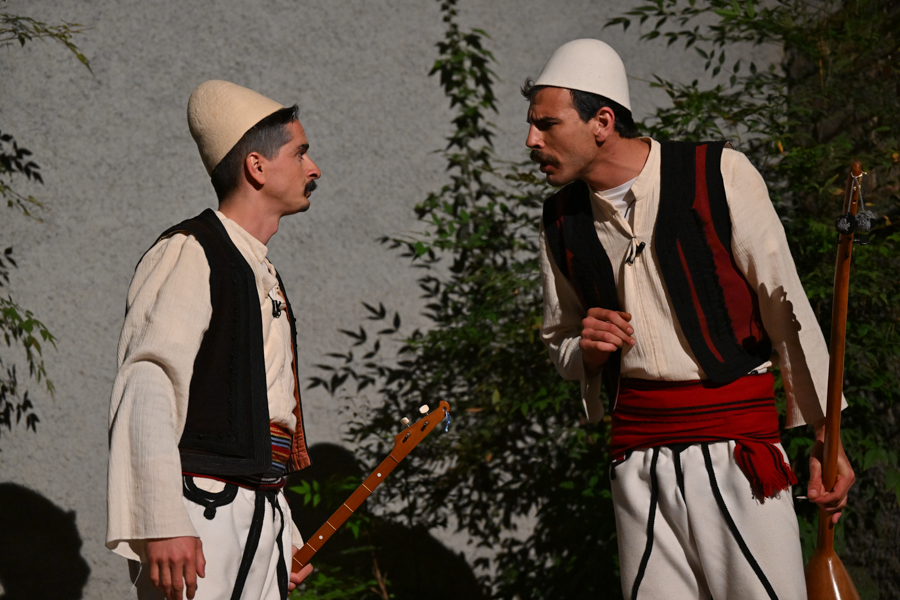

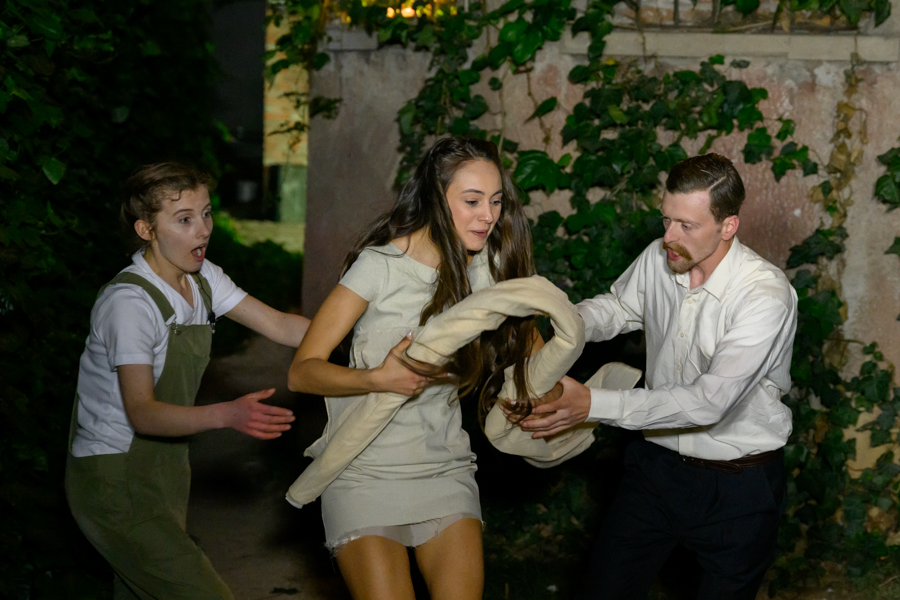
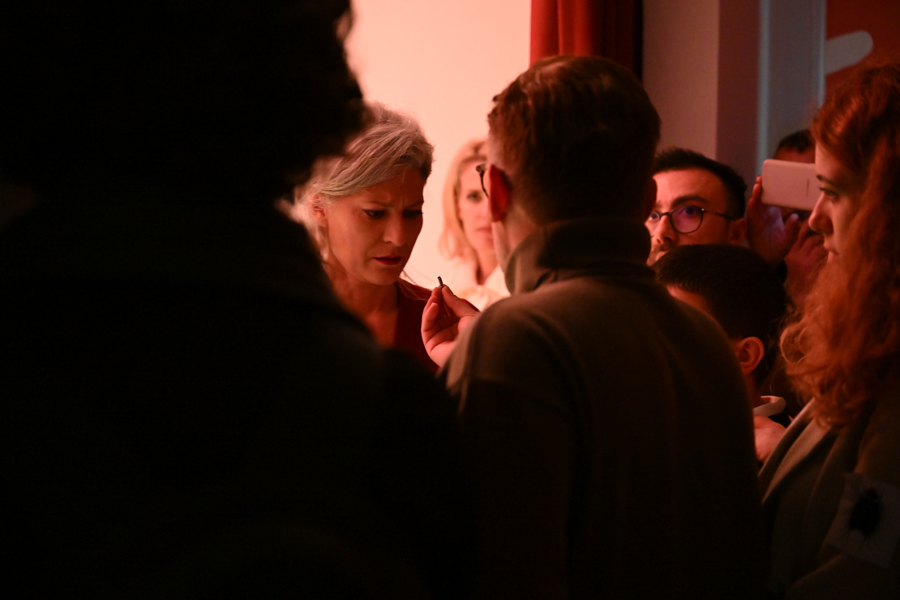

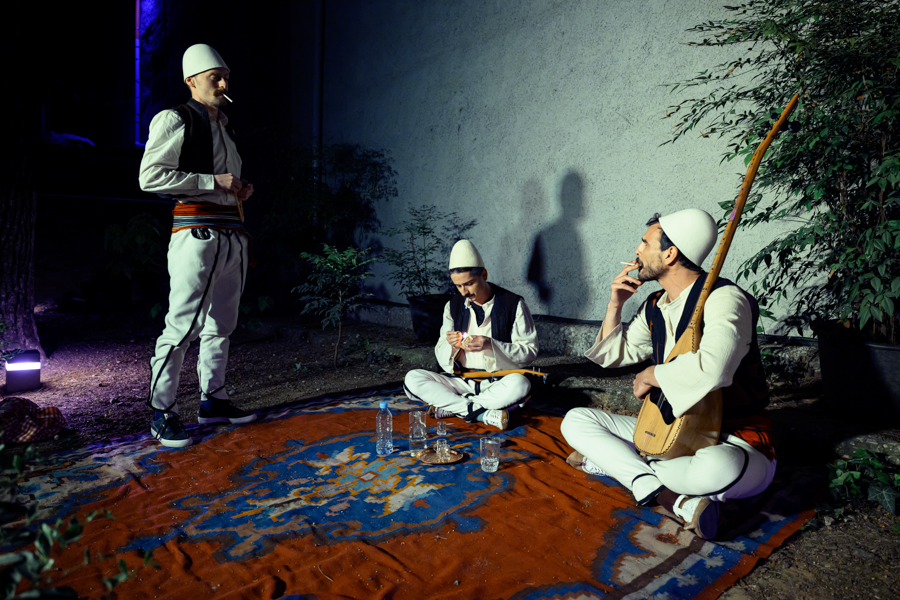
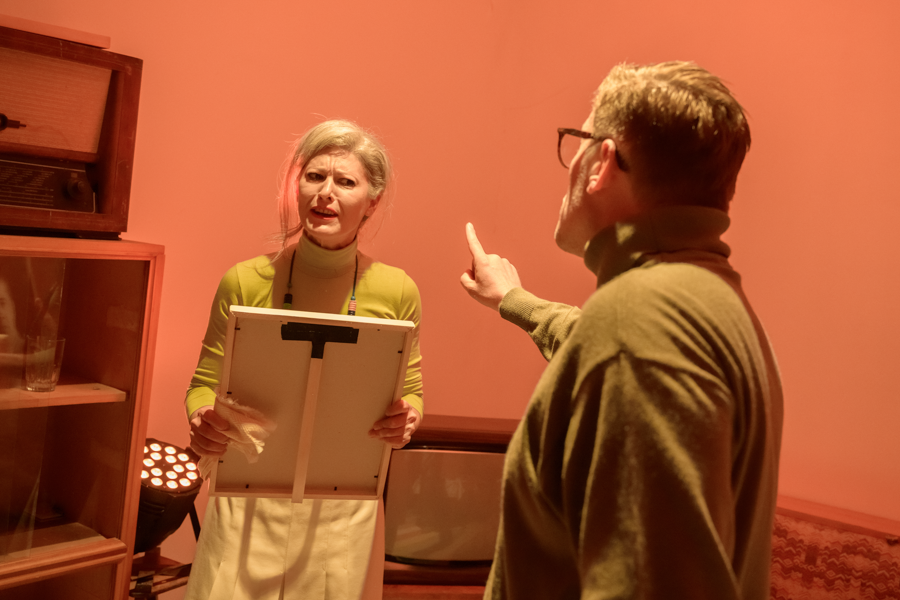





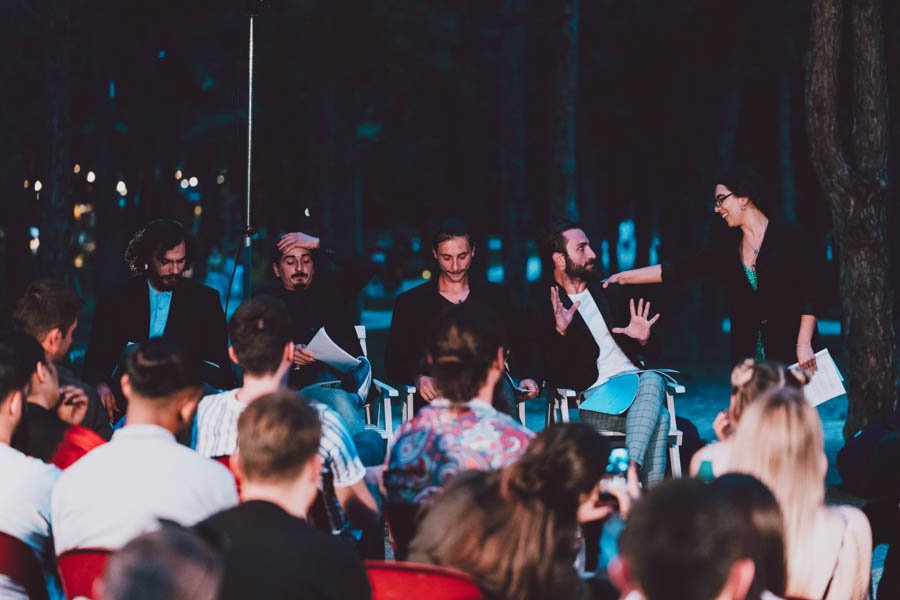
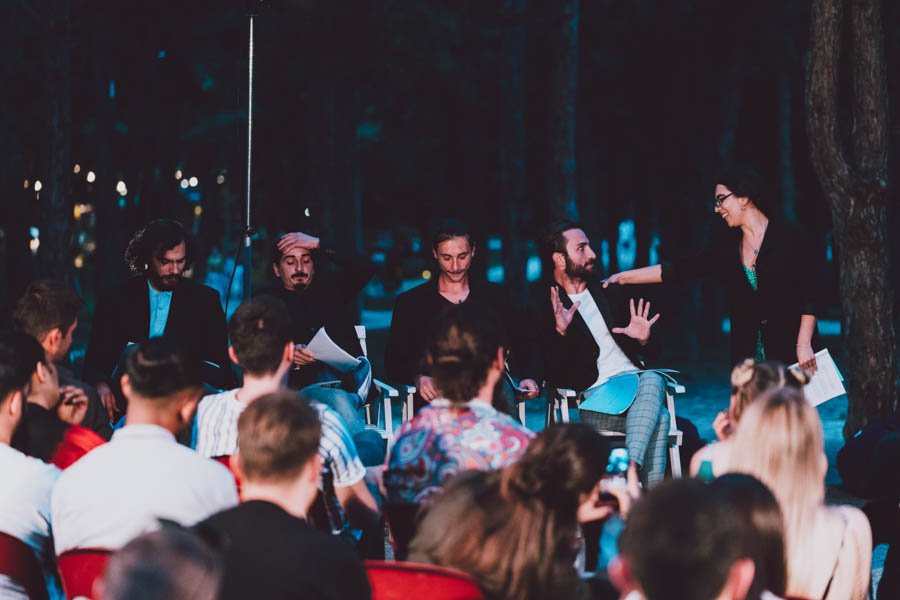
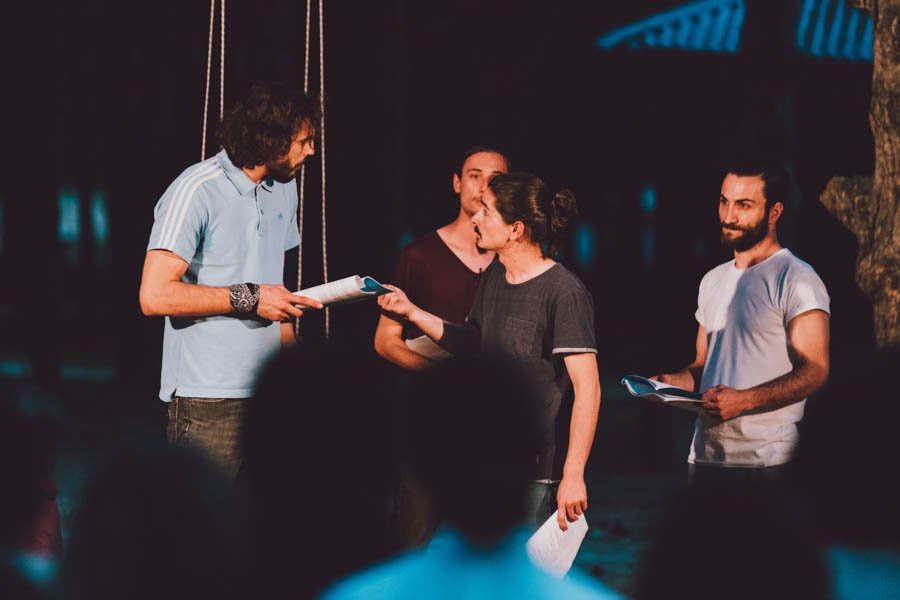
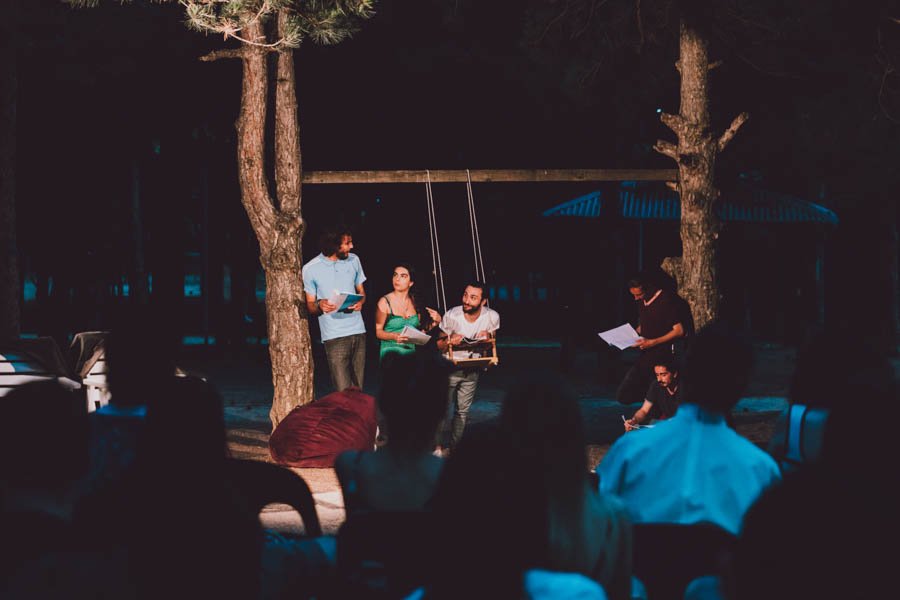
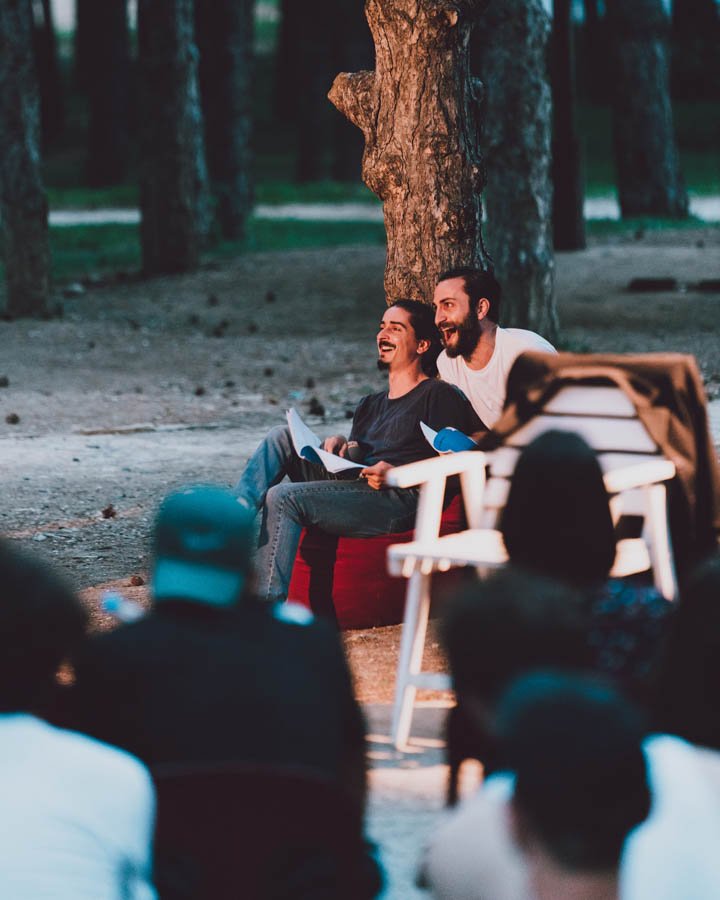

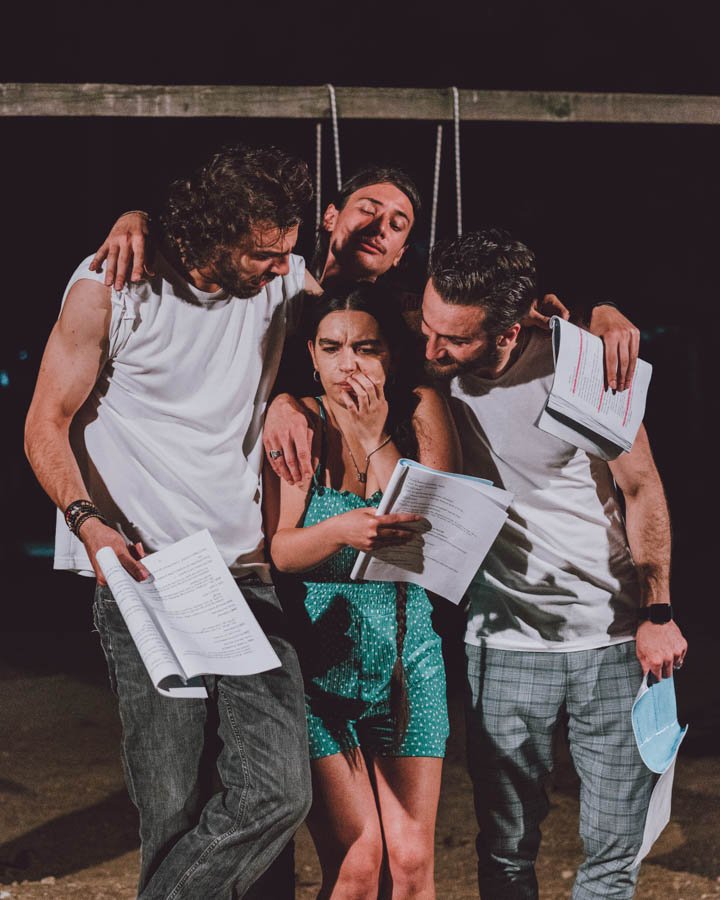
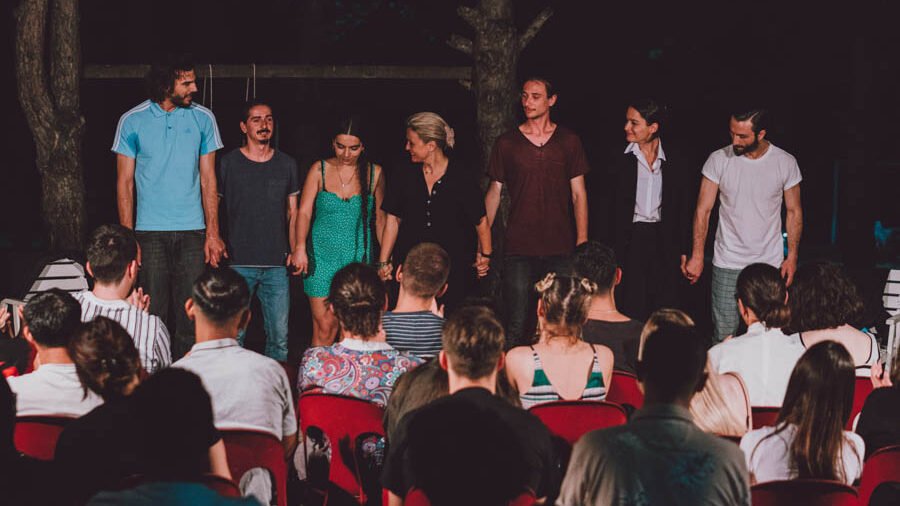

Recent Comments